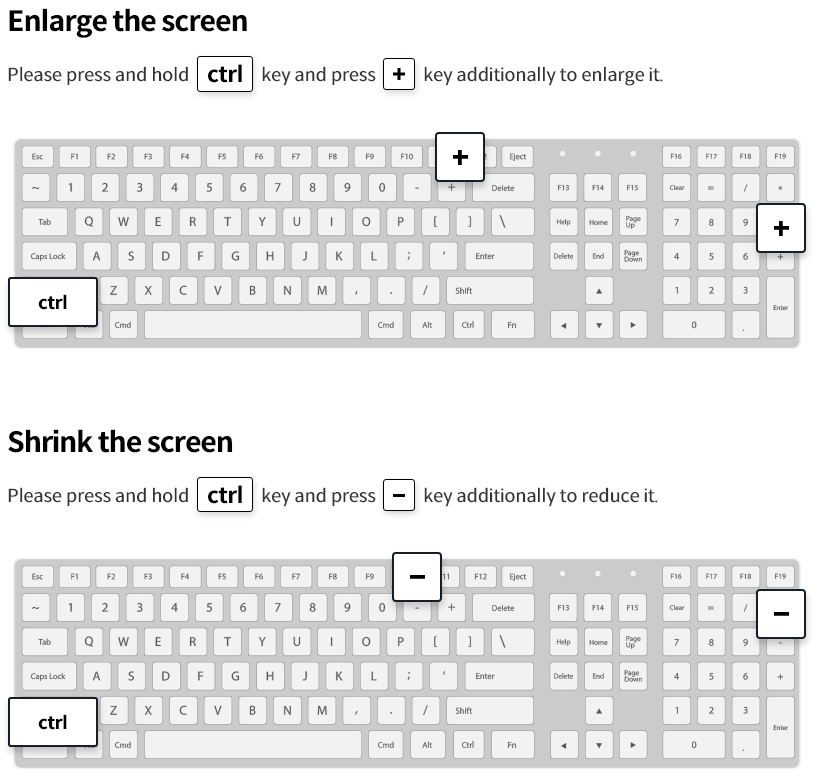The Export-Import Bank of Korea (www.koreaexim.go.kr, Chairman Kim Yong-hwan, “Korea Eximbank”) announced on June 17 that it hosted a five-day ‘EDCF* Annual Workshop for Government Officials from Partner Countries’, inviting senior civil servants from developing countries and representatives of international financial institutions.
* The Economic Development Cooperation Fund (EDCF) was established by the Korean government in 1987 to promote economic exchanges and to assist developing countries in achieving industrialization and economic stability through the provision of long-term, low-interest credit. Korea Eximbank currently manages the fund as its trustee.
A total of 16 delegates including senior civil servants from 13 countries worldwide and representatives from IDB (Inter-American Development Bank) and AfDB (African Development Bank) attended the workshop to discuss economic development policy and public-private partnerships (PPP).
Many of the participants were from Southeast Asian countries including Myanmar, Laos, and Cambodia - Korea’s key emerging partners in the field of development cooperation.
Since its launch in 1995, a total of 219 senior civil servants from 40 developing countries have attended the workshop.
The main sessions saw lively debates on Korea’s economic development experience, its policy regarding economic cooperation with developing countries, and ways to promote PPP projects.
Particular focus was given to the topic of infrastructure development through efficient use of aid, deemed a pressing challenge by many developing countries.
Participants also had the opportunity to visit Korea’s landmark PPP project sites along with Hyundai Motor Company’s manufacturing plant, and to experience Korean culture.
* Public-Private Partnership (PPP): A contractual arrangement whereby private investors finance part or all of a project to build a public facility such as a power plant, railway, port, or road and, in return, obtain from the host government the right to operate the facility at a profit, within certain limits.
Among the PPP project sites visited was the New Busan Harbor, where participants were able to see first-hand the benefits PPPs can bring in building a type of infrastructure considered high-priority among many coastal developing nations.
Deputy Director Wah Wah Maung of Myanmar’s Ministry of National Planning and Economic Development noted at the occasion, “The Myanmar Government is currently working to build the new Hanthawaddy airport via PPP. I will make sure to apply the lessons from Korea’s success to PPP projects in my own country.“
The participants will return to their countries after visiting the D’light Exhibition Space at the Samsung Electronics Headquarters in Seocho-dong, Seoul.
A Korea Eximbank official said, “Korea was once a war-torn nation but is now emerging as a leading member of the international community, having joined the OECD’s Development Assistance Committee (DAC), a club of major ODA donors. As ODA has been a crucial part of Korea’s development story, we will work to publicize widely the important role of ECDF in facilitating infrastructure development in developing countries.”


